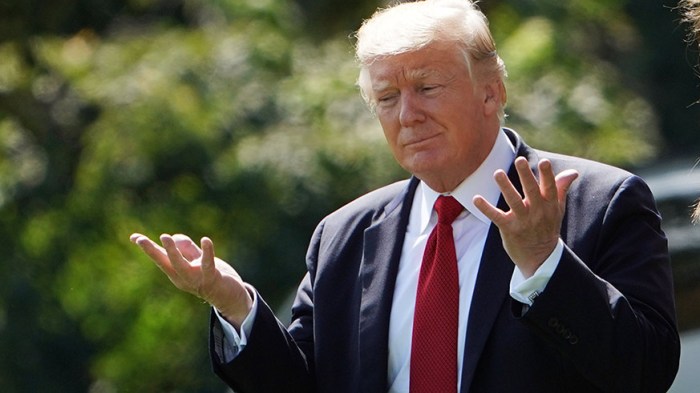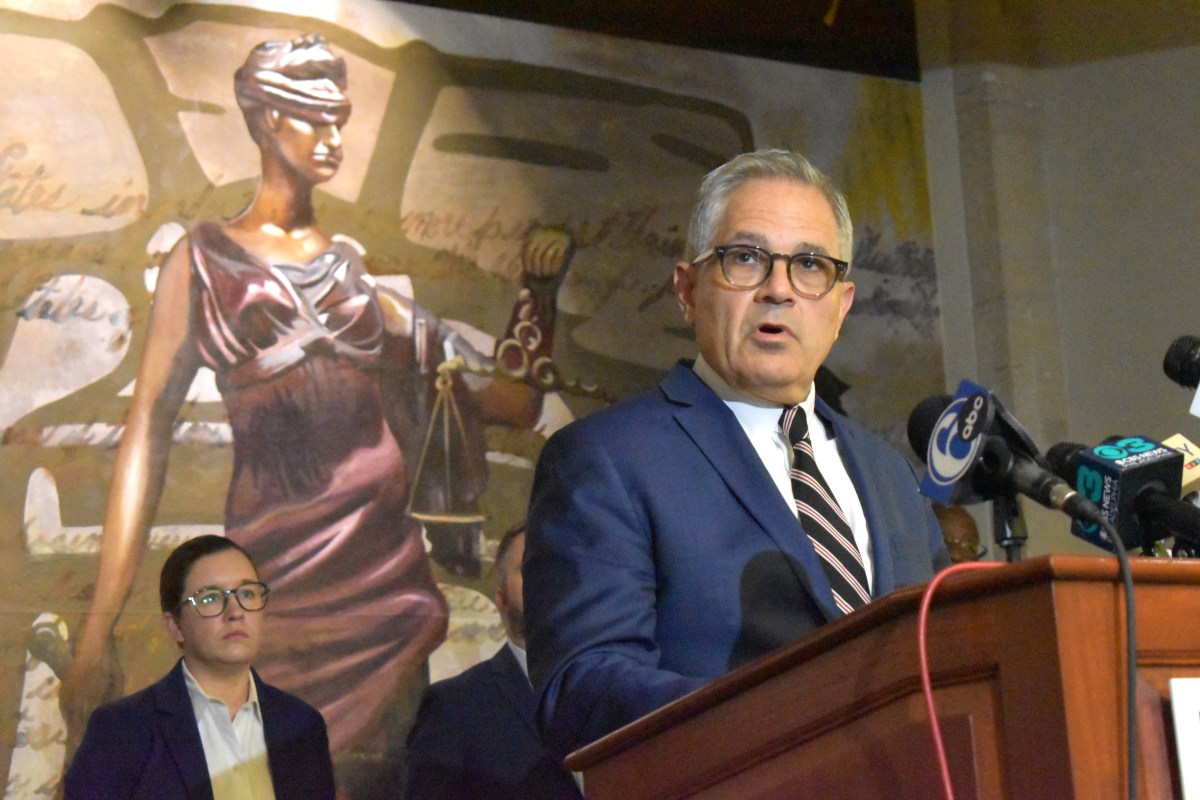Google is testing an app dedicated to hyperlocal “citizen journalism,” which some analysts say will only worsen the epidemic of fake news.
The app, called Google Bulletin, is being tested in Oakland and Nashville, and allows anyone to publish news stories, photos and videos. Once uploaded to Bulletin, stories will instantly be available on Google News and Google Search. There are no provisions for fact-checking or editing, although Google says it will observe and remove stories and close accounts that violate their terms of service, including a “deceptive behavior” clause that forbids “accounts that impersonate any person or organization, or that misrepresent their primary purpose.”
Some tech-industry observers’ heads exploded Monday.
“The flaws in this model seem glaring,” writes Maya Kosoff of Vanity Fair, which called it a “fake news disaster waiting to happen.” “Though Bulletin’s guidelines cover harassment and hate speech, they don’t address misinformation—an obvious danger considering that Bulletin’s stories are fed directly to Google Search and Google News, and are intended to be easily shareable.”
James Hetherington of the International Business Times worried that Bulletin could cripple the already struggling local-news industry. “The new platform could prove costly to regional newspapers and community news,” he wrote in a story titled “Google kicks local independent journalism while it’s down with Bulletin.”
Google’s pitch is brightly egalitarian. “Bulletin is an experimental app that gives people an easy way to tell stories about what is going on around them — ranging from local bookstore readings to high school sporting events to information about local street closures,” said Google spokeswoman Maggie Shiels. “We are excited to see how people use the app during this pilot phase.”
Bulletin’s test run comes shortly after Facebook’s decision to de-emphasize publishers in the News Feed and prioritize friends and family, after months of being roasted for allowing Russia to seed anti-Clinton, pro-Trump propaganda on the platform during the 2016 election. On Friday, the Senate Judiciary Committee revealed that Russian bots retweeted Donald Trump 470,000 times during the 2016 campaign.






















